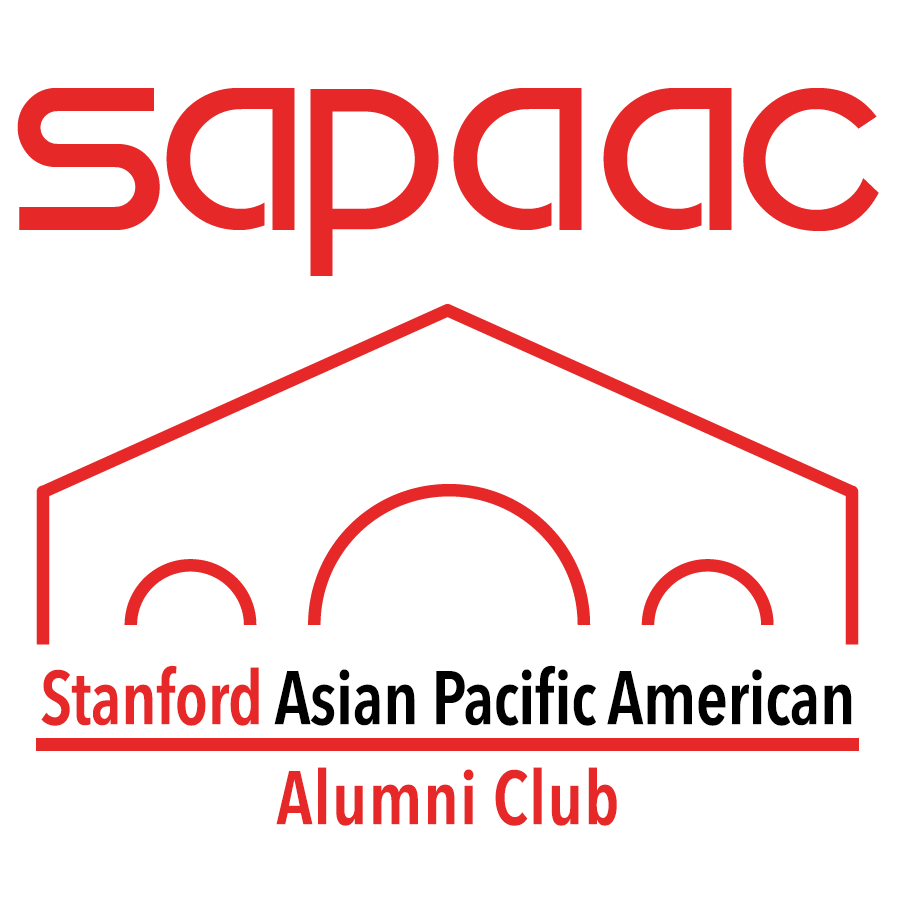Dear President Marc Tessier-Levine, Provost Persis Drell, Vice Provost Harry Elam and Professor Sarah Church, and other University Leaders,
As the organization representing Stanford’s Asian American and Pacific Islander alumni—the university’s largest ethnic minority community—SAPAAC remains highly attuned to student experiences on campus. We wish to highlight the concerns of recent graduates and long-time alumni about the state of Asian American Studies at Stanford. At a stock-take during the global Stanford Asian Pacific American Alumni Summit in 2017, alumni were surprised and dismayed at the lack of progress in securing faculty and resources for the Asian American Studies program, despite its founding two decades prior. The program still cannot hire its own tenured faculty and relies on professors in other departments and part-time lecturers to teach all courses. We are astonished that a university of Stanford’s reputation, in a state as diverse as California, has no full-time instructors housed in Asian American Studies—and cannot even consistently offer an introductory course in the subject.
We saw welcome progress this year when “Introduction to Asian American Studies” was taught at Stanford again, for the first time in a decade. The exceptionally strong enrollment and positive feedback speaks to the demand for these classes. To maintain a thriving program that meets student interest and fulfills an important educational need, courses in Asian American Studies must be scheduled regularly, and taught by engaged, full-time instructors—not only offered on an itinerant basis, where faculty from other departments teach on borrowed time.
We strongly support the student-driven initiative, joined by many alumni, asking the University to create and fund a full-time Asian American Studies lecturer position with a multi-year contract. We also ask the University to step up and empower the program to hire faculty, lecturers, and executive staff to ensure that a core set of classes is offered on an annual basis, so that students who wish to major in, or simply be trained in, Asian American Studies can do so. We do not want to hear any more reports of students being discouraged from majoring in this field due to lack of classes.
The Provost’s Statement on Diversity and Inclusion and the launch of the IDEAL dashboard in 2019 were encouraging steps in the right direction that highlighted your administration’s renewed commitment to diversity and inclusion. We hope you will take action to match your inspiring words by providing meaningful support to Asian American Studies.Racist incidents on Stanford campus this past year, and the worrying increase of hate crimes witnessed across the country during the pandemic show that ethnic studies programs—including Asian American Studies—are more important than ever. These disciplines illuminate our country’s history and social fabric, and reveal how people of diverse ethnicities and ancestries have always been an integral part of the story of America, a nation of immigrants.
As a leading university based in the San Francisco Bay Area, where the movement for ethnic studies originated, Stanford has the potential to cultivate a flourishing Asian American Studies program that befits a leading institution of higher education—and that is commensurate with the enormous enthusiasm and ongoing contributions by Asian American students and alumni to university life. We urge Stanford to fulfill this collective aspiration and live up to its commitment to genuine diversity.
Sincerely,
Concerned Members of the Stanford Asian Pacific American Alumni Community
Solina Kwan, SAPAAC President
John Chang, SAPAAC Board Member
Mo Fong, SAPAAC Board Member
Kevin Hsu, past SAPAAC President
Dan Kojiro, SAPAAC Board Member
Lan Le, SAPAAC Board Member
Jay Wang, SAPAAC Board Member
See the companion petition expressing concern about Asian American Studies that has collected signatures across generations of Stanford alumni
